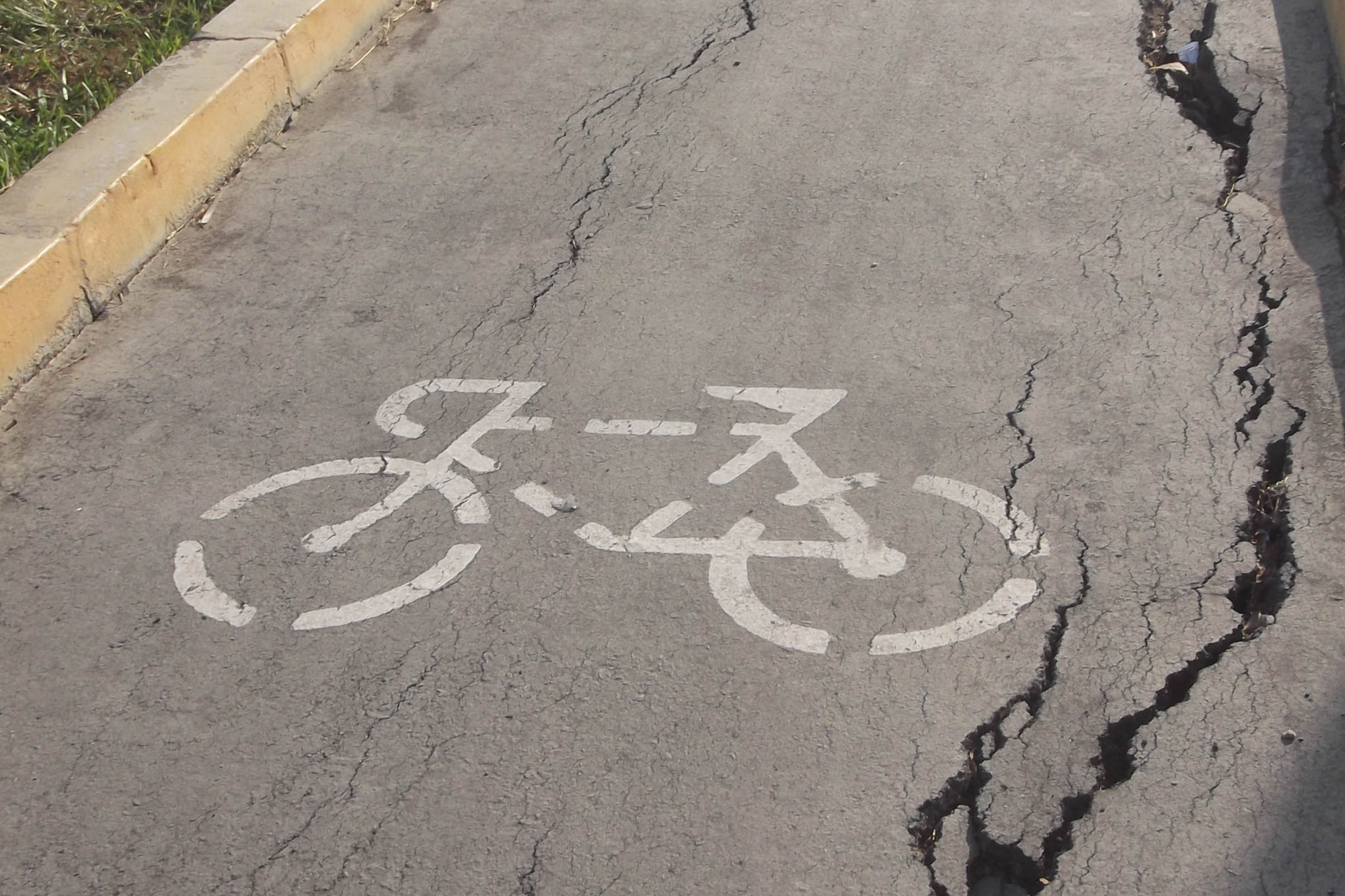MPs call for longer sentences for hit-and-run drivers as punishments are 'scandalously low'
MPs debated the issue of fleeing the scene of incidents after two petitions reached 100,000 signatures

The latest race content, interviews, features, reviews and expert buying guides, direct to your inbox!
You are now subscribed
Your newsletter sign-up was successful
MPs are calling for longer sentences for those convicted of hit-and-run offences, with one claiming the current law provides drink or drug drivers an incentive to flee the scene of crashes.
Christina Rees, the Labour MP for Neath, told a House of Commons debate that the maximum sentence of six months for drivers who leave the scene of an accident is far too short, especially considering they can avoid being tested for drink or drugs.
Rees said: “It is no surprise that those in favour of a change in the law say that there is a perverse incentive for a driver who is under the influence of drink or drugs to leave the scene of a traffic collision, thereby avoiding a drink and drugs test by the police.
“If they hand themselves into the police later, they cannot be tested because of the time that has elapsed and are likely to avoid a more serious offence or penalty.”
Exeter's Labour MP Ben Bradshaw agrees, stating the punishment for this offence is "scandalously low."
He said: “Offenders all too often get off with a paltry fine, a suspended sentence or a ridiculously short driving ban, if they get a ban at all, while the loved ones of the victims are left devastated and grieving for the rest of their lives."
The latest race content, interviews, features, reviews and expert buying guides, direct to your inbox!
Bradshaw also urged the Government to review road traffic offences and sentences, something that was promised nearly eight years ago, claiming drivers are getting away with lenient punishments for serious offences.
The debate, scheduled by the Backbench Business Committee, was held after two online petitions on the subject of penalties faced by hit-and-run drivers both reached 100,000 signatures.
The Minister of State at the Department for Transport, Andrew Stephenson, responded to the arguments presented by MPs. He acknowledged that the petitions suggest something might need changing in regards to road traffic offences.
He said: “The Government takes road safety seriously.
“We understand the tragic circumstances that have led to the petitions and to the concern that, in some cases, something is perhaps not working with the law."
However, Stephenson also argues that imposing a maximum sentence on a driver who failed to stop shouldn't be determined by the offence that has been committed, regardless of the severity of it.
“In the case of failure to stop and report, we know that in a small number of cases the failure to stop may be related to an event that leads to death or serious injury to another person, but we must not forget that in the vast majority of cases convictions for failing to stop involve low-level traffic incidents such as hitting a wing mirror on a narrow street.
“Increasing the maximum sentence for failing to stop and report, even in a limited scope where there has been a serious or fatal injury, cuts across the basis for that offence.
“I must stress that the offence of failure to stop and report is designed to deal with the behaviour relating to the failure to stop; it is not provided as an alternative route to punish an offender for a more serious but unproven offence."
Ryan is a staff writer for Cycling Weekly, having joined the team in September 2021. He first joined Future in December 2020, working across FourFourTwo, Golf Monthly, Rugby World and Advnture's websites, before making his way to cycling. After graduating from Cardiff University with a degree in Journalism and Communications, Ryan earned a NCTJ qualification to further develop as a writer.